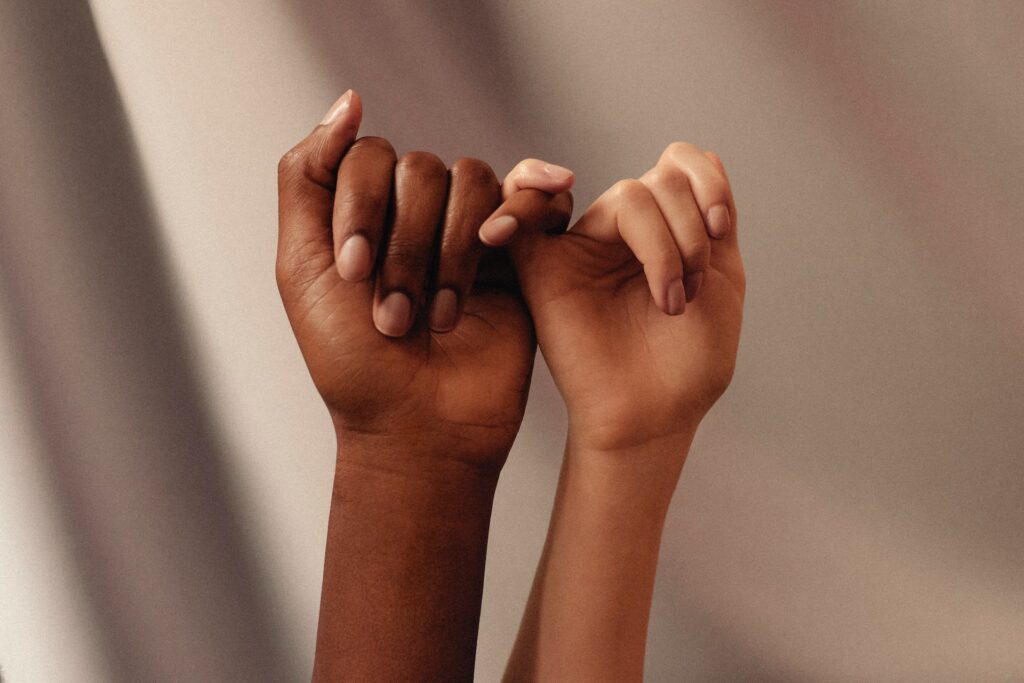Inter-caste marriage is a long-standing issue in India, but it is currently a hot one.In an effort to encourage and deter intercaste marriage, many legal and informal laws are being expanded and implemented. The term “inter-caste marriage” refers to a type of union between a man and a woman from two different cultural and subcultural groupings. Intercaste marriage is a broad definition of intermarriage used in subcultural contexts. The endogamous nature of the caste system. The custom is to marry within the caste. As a result, any kind of marriage that is outside of one’s own caste has been stigmatized in society. Intercaste unions are still extremely common.
Like in every other Indian state, inter-caste and interstate marriages are uncommon in Kerala. Kerala is a very traditional society with strong caste and religious undertones. People take pride in their sense of community and do not readily recognize outside relationships, such as marriage. However, because people are generally well-educated, there is a lower likelihood of violent retribution for having an inter-caste marriage. Repercussions would primarily be limited to family members refusing to cooperate. Being perceived as left-leaning is really a mask for Kerala society, which is quite conservative. Actually, leftism is just another religion that people adhere to because of peer pressure and propaganda.
There had reportedly been an increase in intercaste weddings in Kerala, where the caste system is important. The easing of social institutions’ constraints is what led to this improvement. Education is important, but unexpectedly, a study reveals that the education of the girl’s mother, not the couple, determines whether a girl marries outside her caste. The rise in intercaste marriage in India is also being aided by women’s economic independence and vocational mobility. The causes and effects of intercaste marriage are examined on two different levels. Adjusting to married life is always a concern for couples, whether it be on a personal or societal level.
To promote equity for all people, the Social Justice Department of the Government of Kerala created the Intercaste Marriage Scheme. The Kerala Government would give inter-caste married couples financial aid under this program. Couples who belong to a scheduled caste or scheduled tribe are not eligible for this program, it should be noted.
You must present a marriage certificate if you wish to take advantage of the perks. The process for obtaining the advantages of the intercaste marriage program is outlined here.
A marriage registration certificate must first be obtained by the intercaste married couple from the Sub Register Office where the wedding was performed. After two weeks have passed since the registration date, you will receive the registration certificate.
Intercaste marriages typically fall into one of two categories: hypergamy, in which an upper caste boy marries a lower caste girl, or hypogamy, in which an upper caste girl marries a lower caste boy. Hypogamy is less acceptable than hypergamy of these two intercaste unions. Parents’ tendency towards conservatism, caste, and communal reactions, as well as peer pressure, are to blame. Studies revealed that, the choice of partner and his financial situation frequently play a crucial role in fostering a sense of disapproval, in addition to the community’s reaction to inter-caste marriage. For instance, there is a greater likelihood of rejection if the chosen spouse is unemployed or earns a low salary.
This feeling of rejection and disapproval can be forceful and covert at the same time. A few of the many effects include honor killings, caste strife, the rejection of children from these marriages, couple suicides, societal exclusion, and ostracism.
Caste-free weddings are preferable; inter-caste marriages are merely one option. Let’s allow our kids to remain in a setting where caste isn’t a topic of conversation. Children are prepared to adapt to any way of life. Government and society should take the initiative to adopt a new way of life. Young people today are already considering creating a caste-free society; let’s lend a helping hand. We have talked a lot about inter-caste marriage; now, let’s take it a step farther and consider a caste-less union.
You may also like
-
Unveiling the Top Picks: The Ultimate Guide to the Best Head Shavers in 2024
-
Choosing The Right Palette Insights into Professional Painting Contracts
-
Wear Your Imagination: Customized Text and Graphics T-shirt Printing in Sharjah
-
Camp Adventurer’s Kitchenette : Compact Culinary Haven
-
Kitchen Appliances Shopping Guide: How to Choose the Perfect Electronic Store

